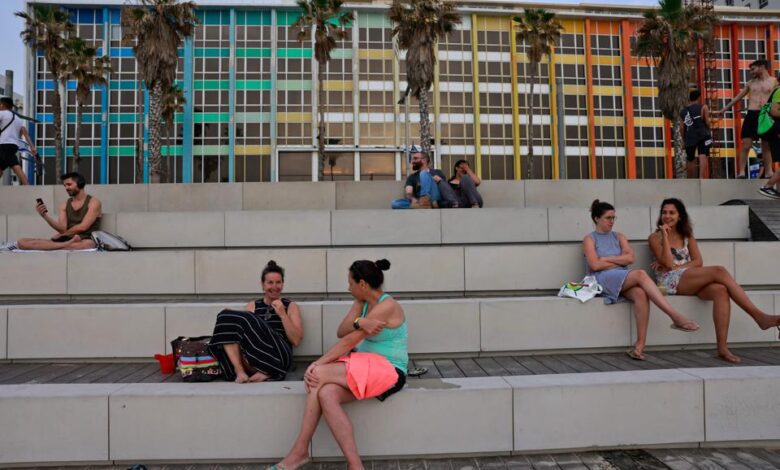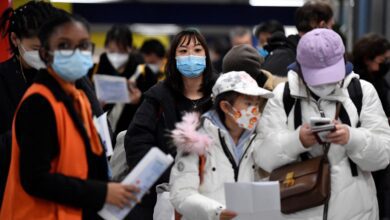How to flatten the pandemic curve? Israel shows the way
The only democratic country in the middle east, Israel has decided to give the " liberty " and " freedom " of not wearing masks after more than 81% of the population above the age of 16 received the complete dose of vaccine.

Israel the country that leads in tech, defence, and science with a formidable espionage network has managed to do the unthinkable- end the pandemic within a year since its outbreak emerging as a role model for others.
With over 81% of its population above the age of 16 inoculated with both the shots of vaccine, Israel on Sunday made it optional for its public to wear masks outdoors, while the same is compulsory at indoor locations like malls, gyms, etc. Also, instructions have been given to reopen schools and educational institutions for the first time since last September. Though extra-curricular activities is still limited and teachers have been asked to enforce adequate ventilation in classes as children under 16 have yet been not vaccinated.
An app called “Green Pass “is being used to allow only vaccinated people in closed settings like Bars. Though some reports suggest that it is not being universally implemented.
The country serves as the biggest example of how an efficient, fast and robust vaccination program can work wonders to stop this pandemic.
Prime Minister Benjamin Netanyahu told a leading news agency, “We are leading the world right now when it comes to emerging from the coronavirus. [But] we have still not finished with the coronavirus. It can return.”
Also, Israel’s coronavirus czar Professor Nachman Ash said it is not enough as the country still has not reached its immunity. Though more than 81% of its adult population has been vaccinated, it is only 51% if the underage children are included in the statistics. Also, he is concerned about the double mutant Indian variant in particular. But nevertheless he expects the Israeli economy to boost up within a month.
The citizens found it weird adjusting back to old normal.
“It’s very strange but it’s very nice,” said Eliana Gamulka after getting off a bus near the busy Jerusalem shopping boulevard of Jaffa Street and removing her face covering.
“Being without a mask for the first time in a long time feels weird. But it’s a very good weird,” Amitai Hallgarten, 19, said while sunning himself at a park.
Israel which had above 10,000 cases in January has now a miniscule 200 cases per day on average. The Jewish state again proves that a country which has strong ethno-religious beliefs can be a world leader in science. The only danger that Israel faces now is the mutant virus as it is not yet 100% proved that vaccines and antibodies can work against it, though efficient surveillance can control it too. Such a renewed outbreak can easily be prevented by vigilance through a strong system- which Israel already has.
Healthcare workers and epidemiologist are working to strategize for the long run as the pandemic has subsided in the event of a new outbreak.
“We need to continue to improve our epidemiological and molecular surveillance system and to build a system that can better respond if new variants come,” said Levin. (A healthcare official said to The Global Times)
Also, a huge cause of worry for Israel is the spread of mutant virus through its Palestinian territories where the vaccination percentage is very low. Israel has been in the past criticized for not providing enough vaccines to the Palestinian population.



